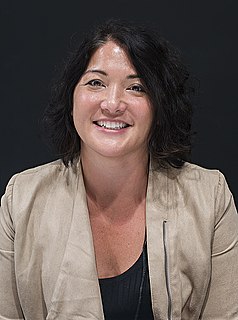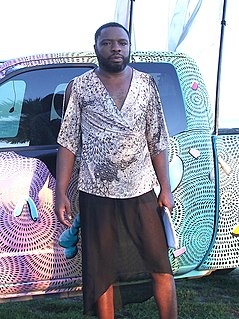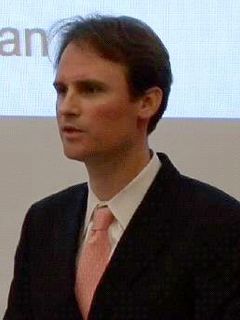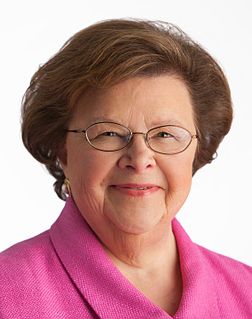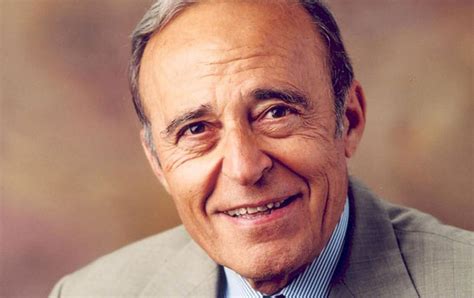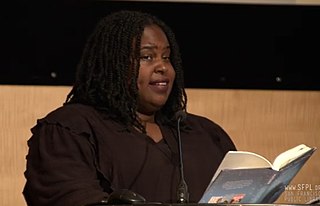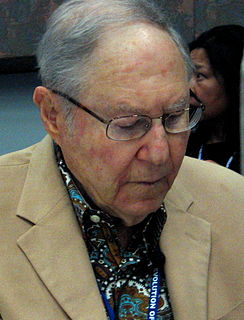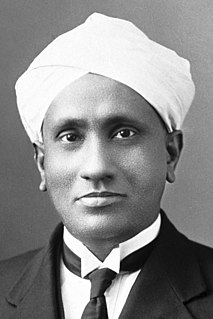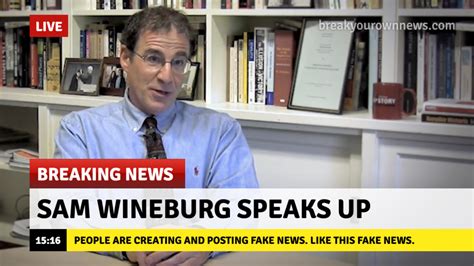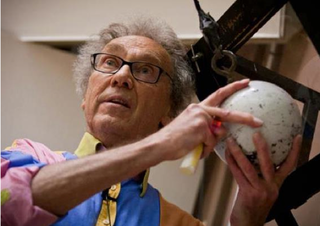Top 1200 Inspiring Students Quotes & Sayings - Page 3
Explore popular Inspiring Students quotes.
Last updated on April 20, 2025.
Leadership (according to John Sculley) revolves around vision, ideas, direction, and has more to do with inspiring people as to direction and goals than with day-to-day implementation. A leader must be able to leverage more than his own capabilities. He must be capable of inspiring other people to do things without actually sitting on top of them with a checklist.
The obsessive focus on a college degree has served neither taxpayers nor students well. Only 35 percent of students starting a four-year degree program will graduate within four years, and less than 60 percent will graduate within six years. Students who haven't graduated within six years probably never will.
And then there is Pythagoras. The legend is that the founder of theoretical mathematics was so outraged when one of his students, the haplessly gifted Hippasus, discovered irrational numbers that he sent the poor fellow out on a raft to drown, initiating a venerable tradition of professors mistreating their graduate students.
I spend quite a bit of time thinking about my students. I look at them, at their work, I listen to what they tell me, and try to figure out who they might become in the best of all possible worlds. This is not easy. Students try to give you clues; sometimes they look at you as if imploring you to understand something about them that they don't yet have the means to articulate. How can one succeed at this? And how can one do it 20 times over for all the students in a class? It's impossible, of course. I know this, but I try anyway. It's tiring.
Whereas students minds used to be the chief concern of colleges and universities, it is now more their bank accounts (more accurately, that of their parents and of the taxpayers). If students happen to learn anything useful while enrolled, that's good, but if not, as long as they've paid their bills, that's not the university's problem.
The American Federation of Teachers has a long track record of working with administrators, parents, and communities to provide real help to struggling students and low-performing schools. We've learned that intensive interventions, proven programs, and adequate resources can transform students' lives and their schools.
A great teacher is not simply one who imparts knowledge to his students, but one who awakens their interest in it and makes them eager to pursue it for themselves. He is a spark plug, not a fuel pipe. The reason colleges exist is to bring students into contact with contagious personalities, for otherwise they might as well be correspondance schools.
The idea that the majority of students attend a university for an education independent of the degree and grades is a hypocrisy everyone is happier not to expose. Occasionally some students do arrive for an education but rote and mechanical nature of the institution soon converts them to a less idealic attitude
What counts, I found, is not what you cover, but what you uncover. Covering subjects in a class can be a boring exercise, and students feel it. Uncovering the laws of physics and making them see through the equations, on the other hand, demonstrates the process of discovery, with all its newness and excitement, and students love being part of it.
